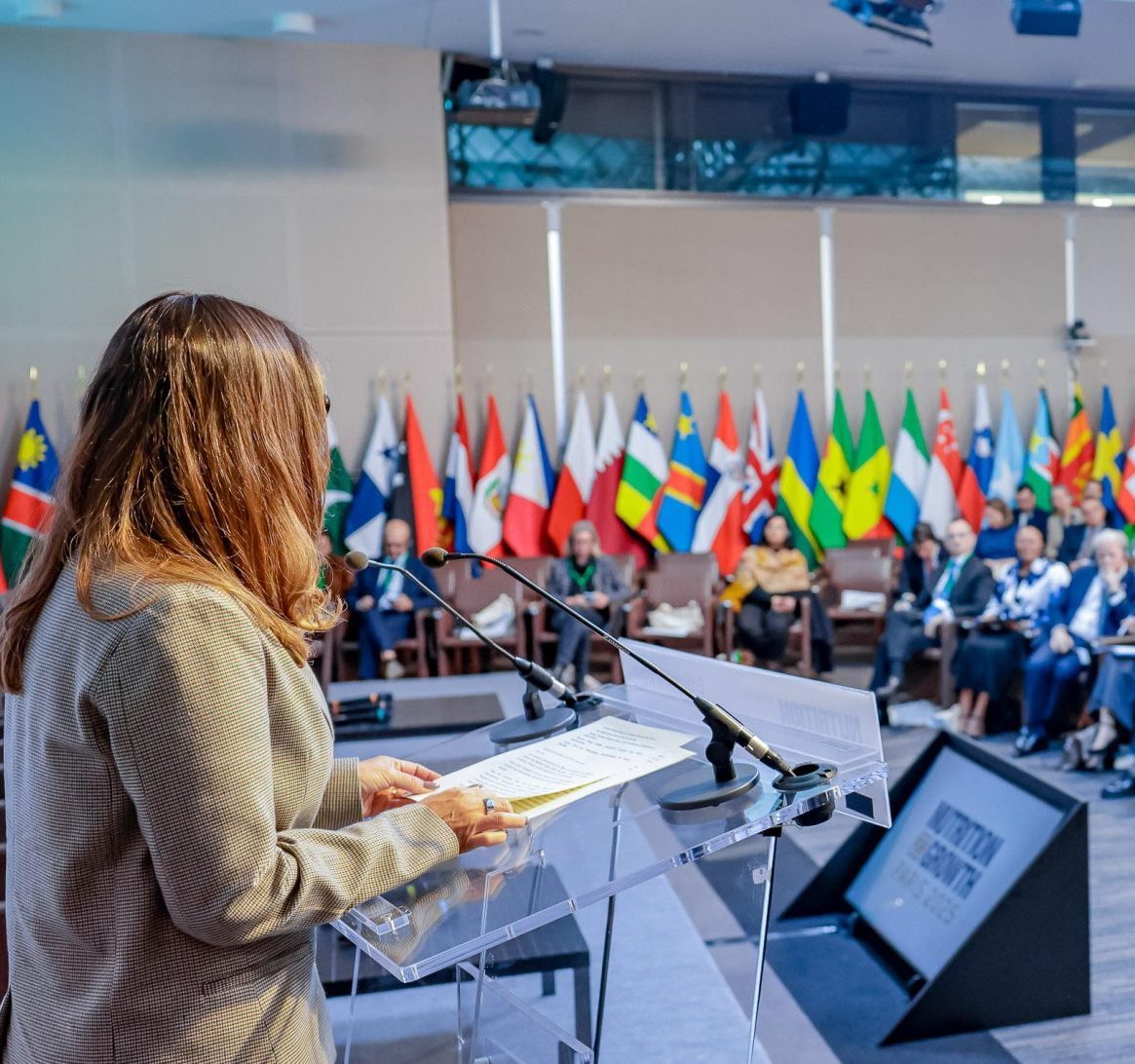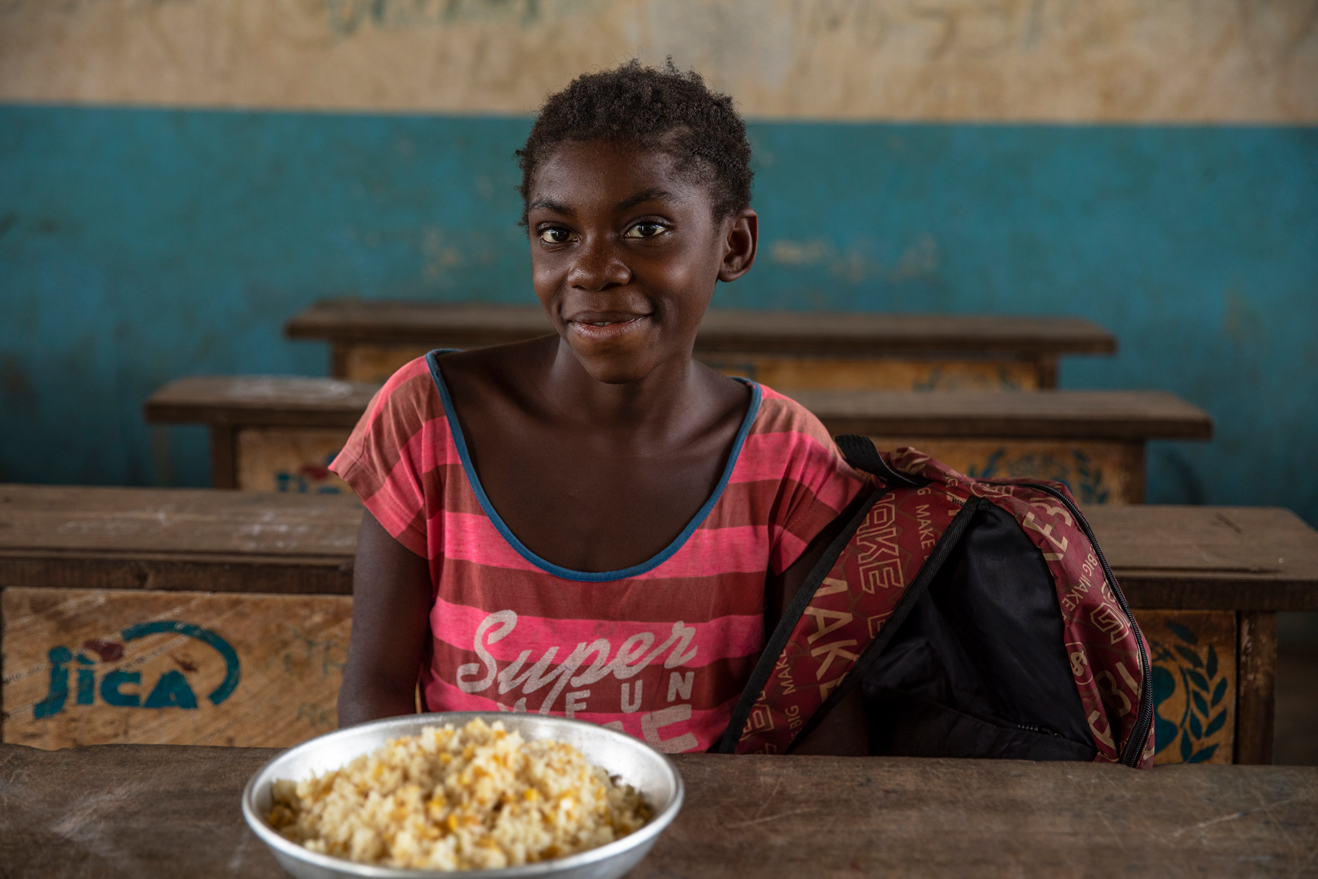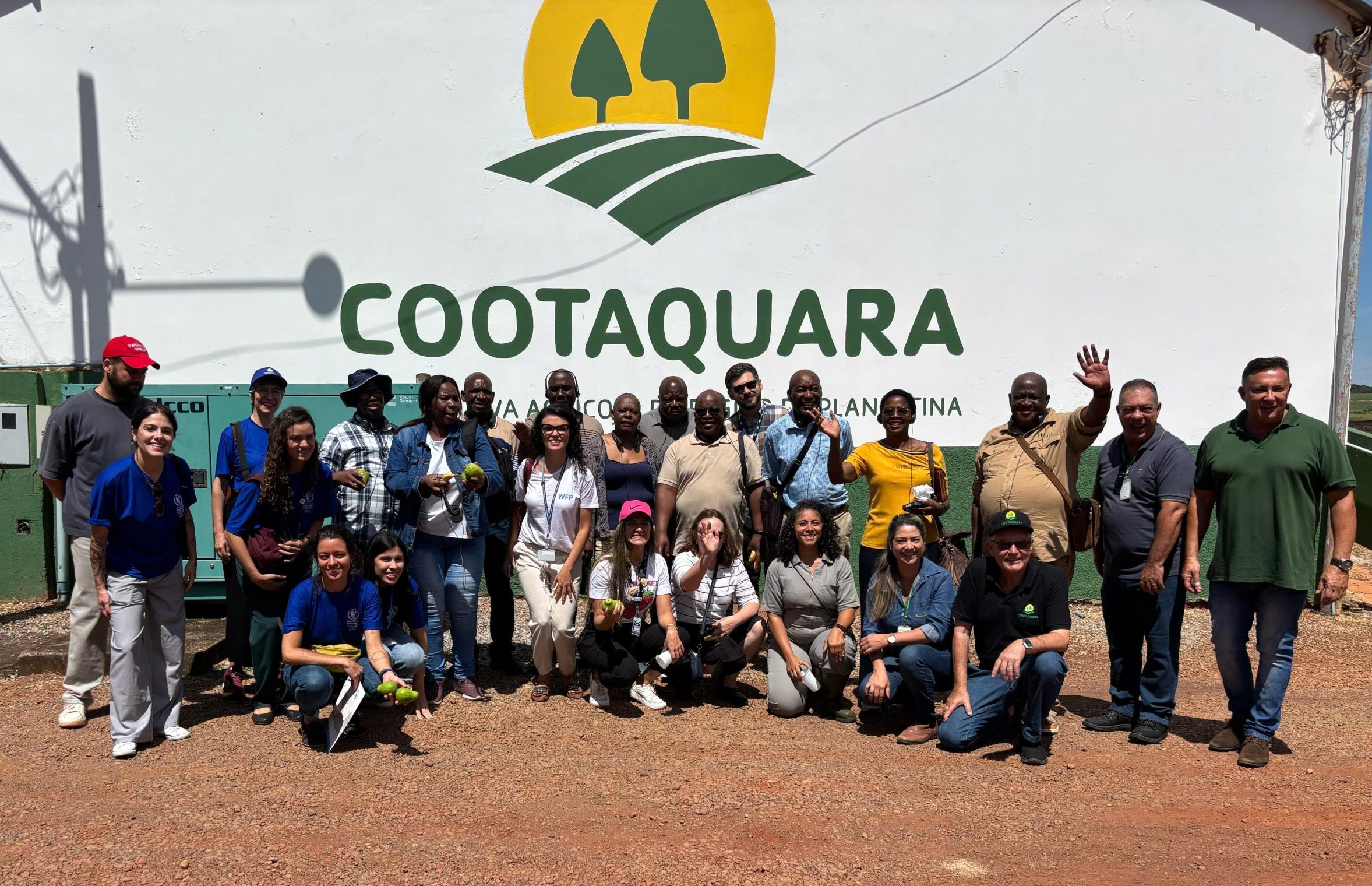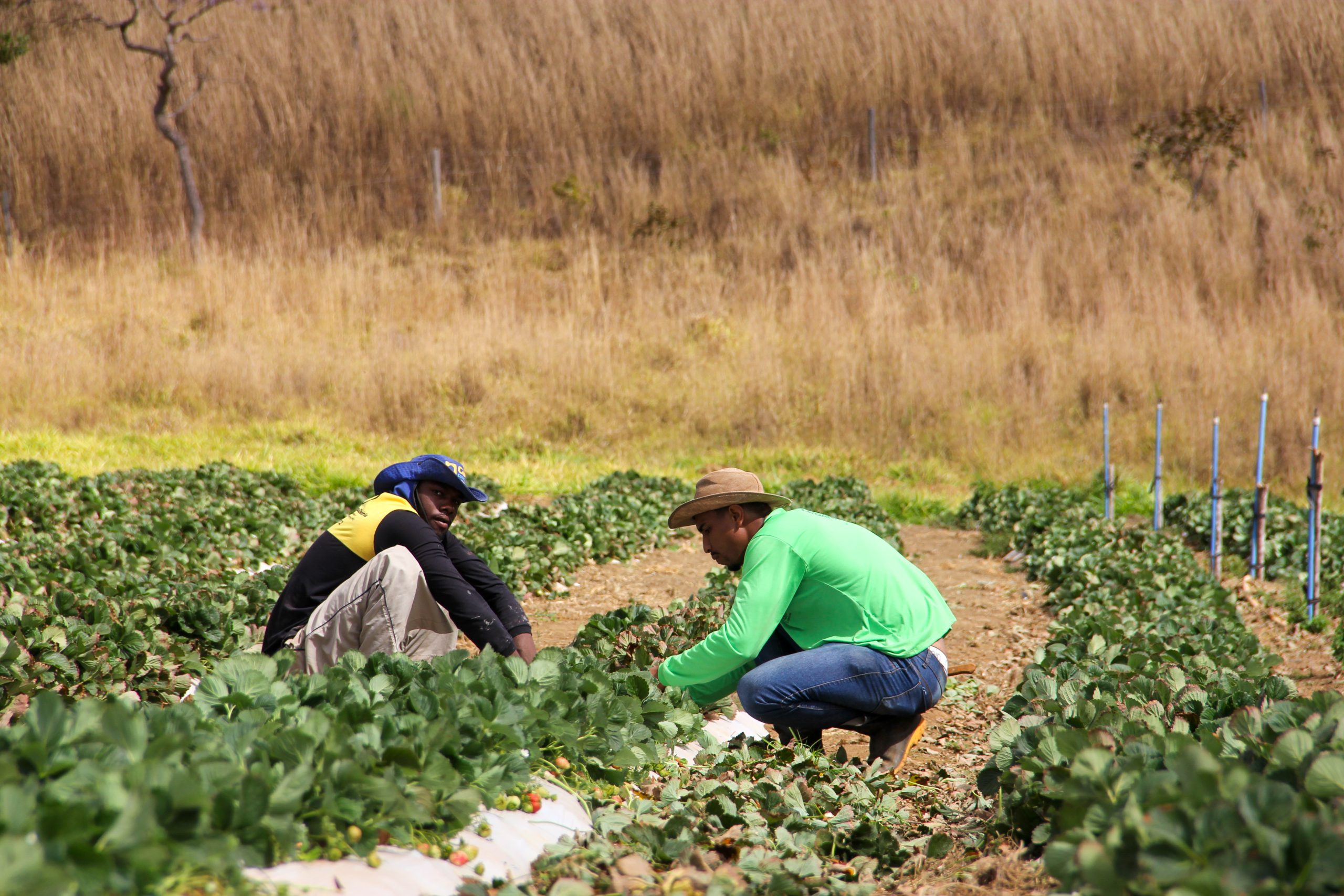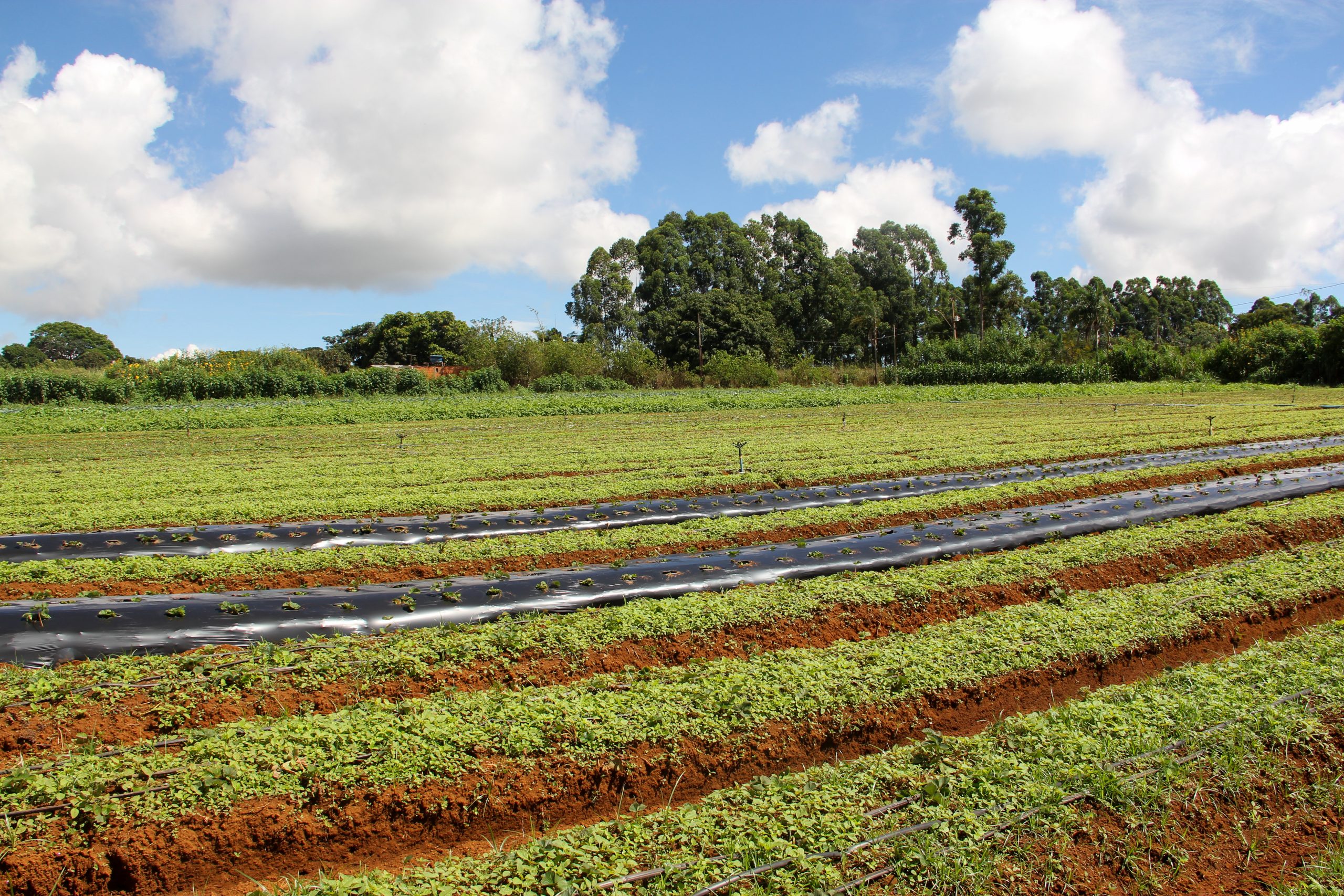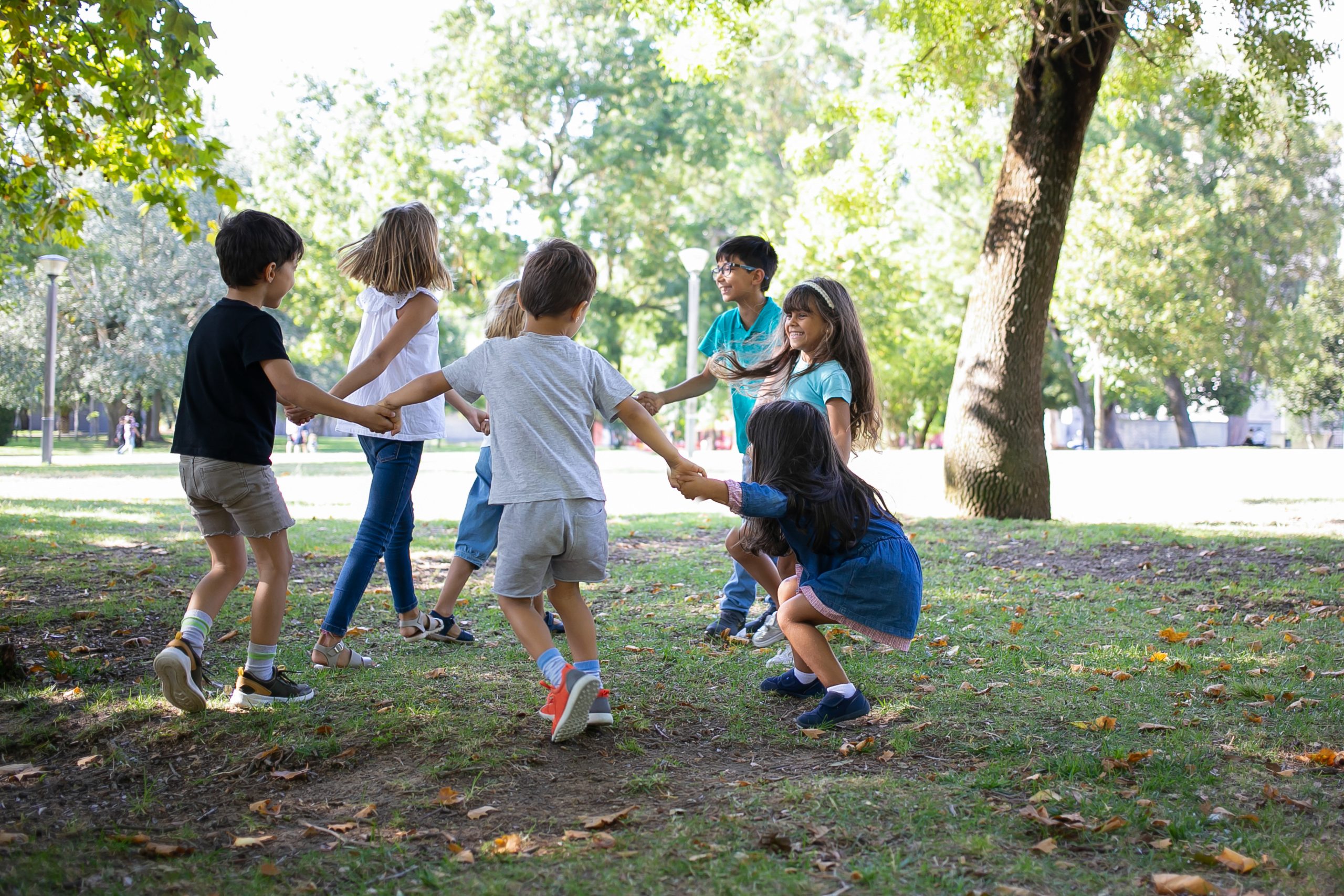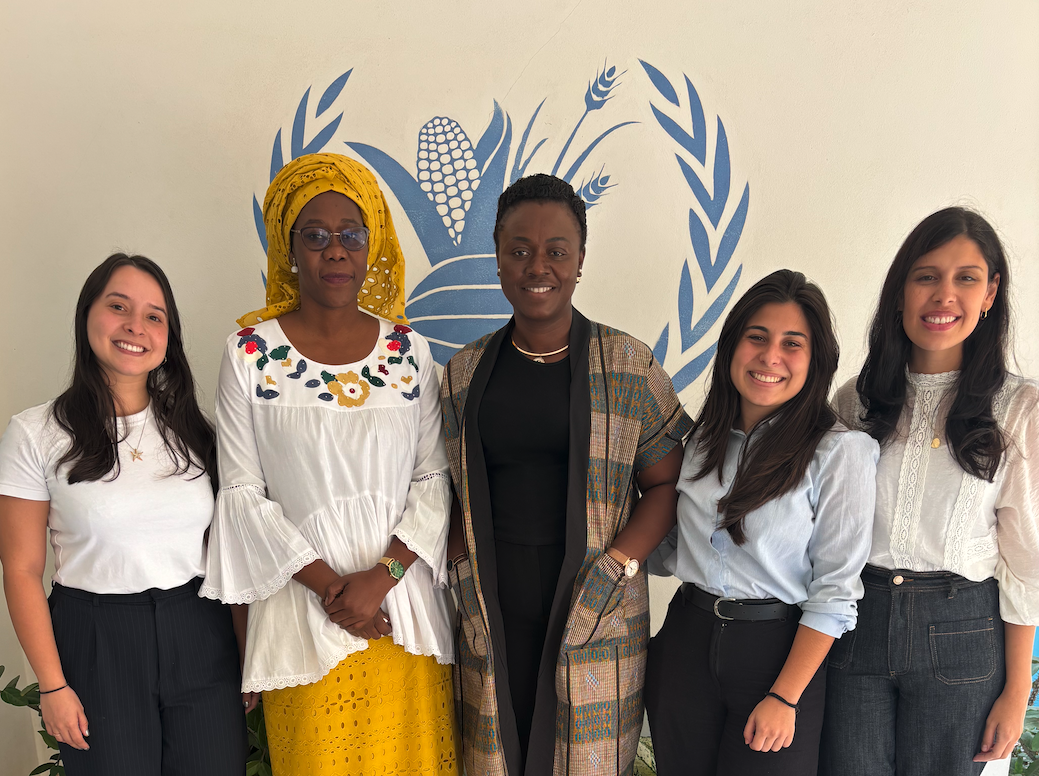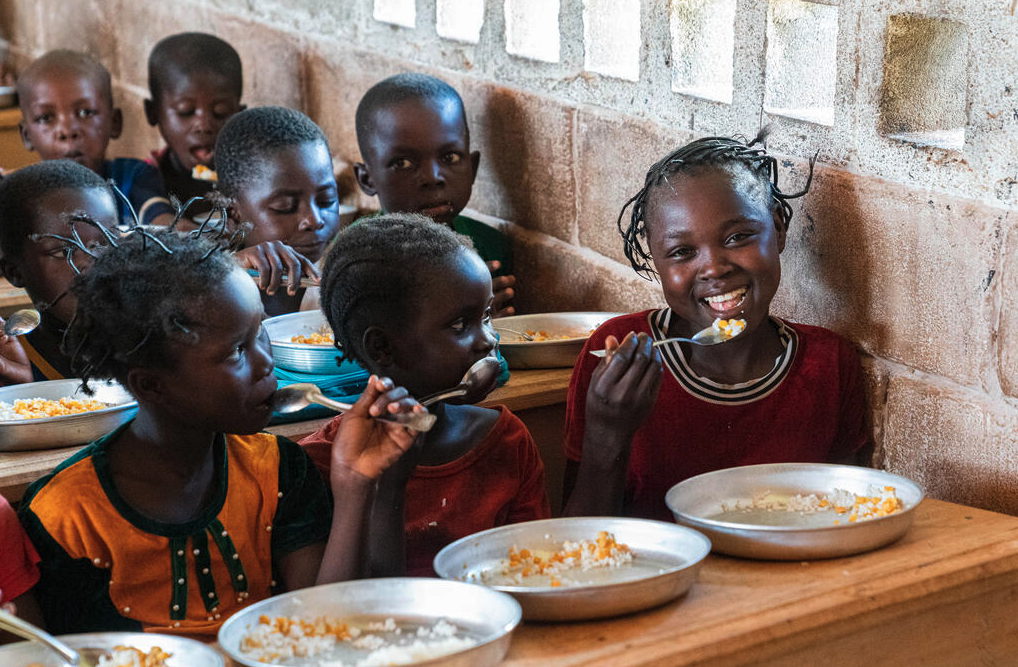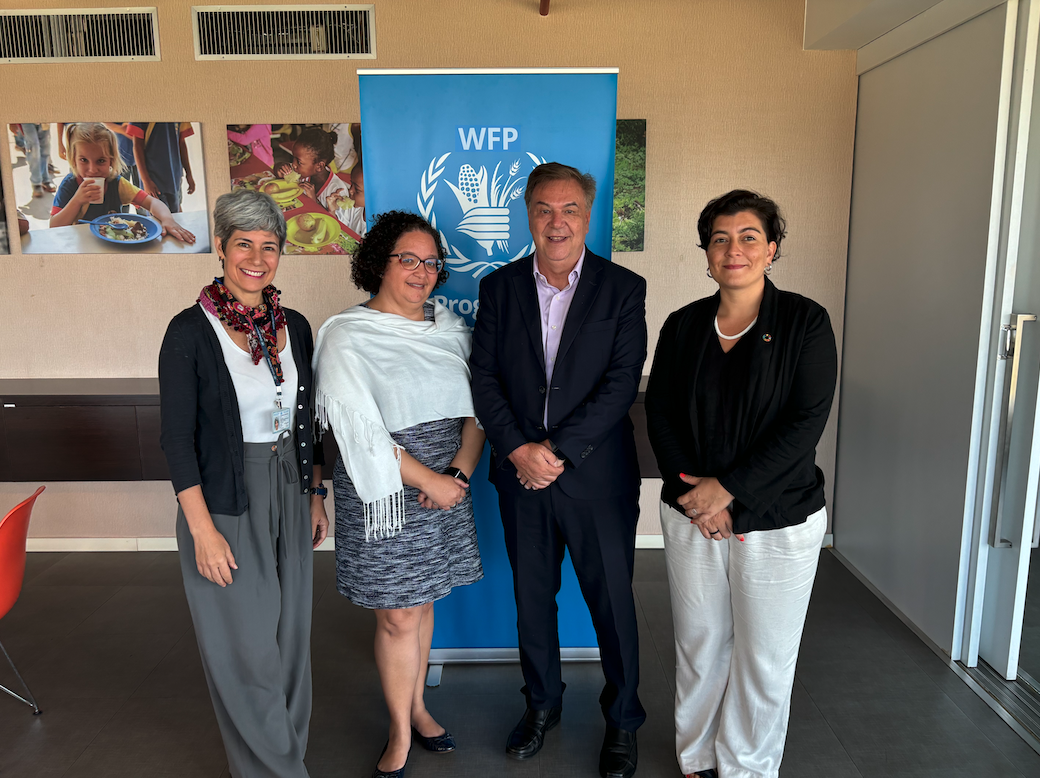Brazilian experience in promoting adequate nutrition is taken to Nutrition for Growth
The first lady of Brazil, Janja Lula da Silva, spoke…
Republic of Congo joins the Global School Meals Coalition
© WFP/Gabriela Vivacqua On February 20, 2025, the Government of…
South African delegation gets to know Brazil’s policy on family farming purchases
During the week of March 17-21, a delegation of 11…
Get to know calcium-rich foods and understand their importance
A nutritious and healthy diet is the best source of…
Visit by South African delegation discusses local purchasing model for school meals
A delegation of 12 school feeding experts from South Africa…
Centre of Excellence participates in forum on sustainable agribusiness model
Rethink models, work with other markets and boost sustainable food…
World Obesity Day: urgent fight against child malnutrition in Brazil
World Obesity Day, celebrated on March 4, draws attention to…
Senegal receives Centre of Excellence mission to improve its school meals policy
Officials from the WFP Centre of Excellence against Hunger in…
March 1st: African Day of School Feeding
On March 1st, African School Feeding Day is celebrated worldwide.…
Sustainable solutions in agriculture and expanding partnerships were topics of dialogue with the Global Compact – Brazil Network
The implementation of sustainable solutions in agriculture to improve food…





